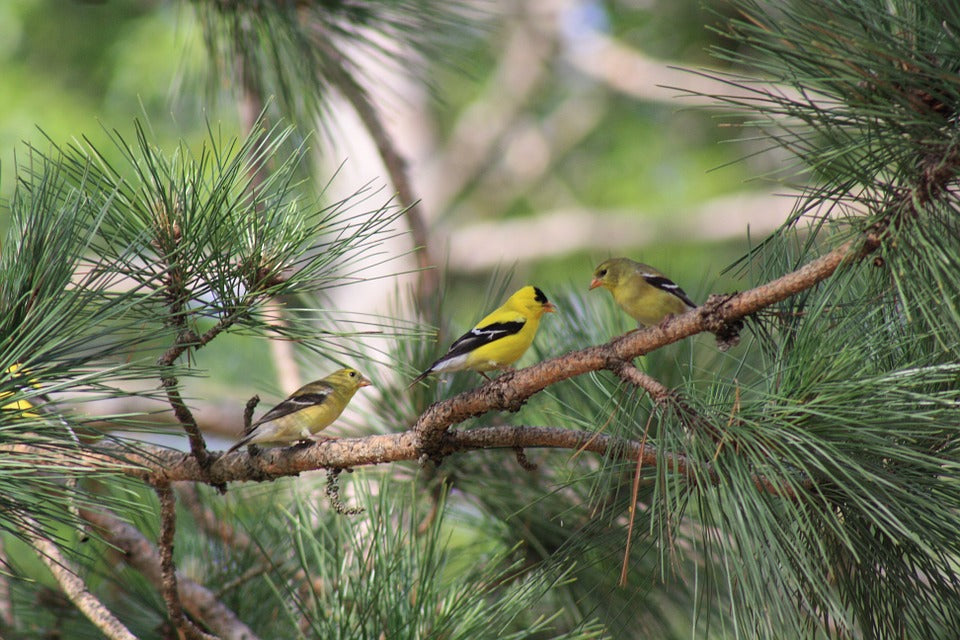Offer
Provide additional details about the offer you're running.
Provide additional details about the offer you're running.
Provide additional details about the offer you're running.

There are many ways to attract a number of different birds to your yard and as birders; many of us have explored the bulk of them. We quickly set up squirrel-deterring pole systems, mount platform, tube, and suet feeders and fill them with the very best seed on the market for our local birds.
While this practice undoubtedly brings incredible results, many of us will go the distance to attract not only more birds but different species that we don’t often see at our feeders. Creating natural habitat in our yards is one of the newest trends to sweep the birding world and is one that not only brings more birds to us but also improves the natural world all around us.
Another tactic that is used, often to bring nearby birds out of heavy cover and into a more favourable viewing position, is the art of pishing. This technique is not one strictly reserved for your yard, but also does wonders when birding in the field.
What is Pishing?
Pishing requires no special equipment or know-how and is often used on a learn-as-you-go basis. In it’s simplest form, pishing is the act of making quaint and repetitive noises in an attempt to uncover small birds that might be in hiding, heavy cover or up in a treetop. The most interesting part about pishing noises is that they often do not sound like bird sounds at all, rather, they are used to pique the interest in nearby birds, causing them to investigate the curious noises and give birders an encounter they might otherwise not have.
There are many theories that exist in an attempt to explain this behaviour. Among them are those that believe the sounds resemble something of a distress call, causing small flocks of birds to investigate, ready to flush an intruder. Others believe that the short and quiet sounds can trick birds into thinking there are insects nearby, causing the birds to attempt to locate their next meal.
Common pishing sounds often resemble the word itself, small and soft ‘pish’, ‘pssst’ or ‘seep’ type of noises.

Who Responds to Pishing?
Don’t expect to be immediately bombarded by feathers (as fun as that would be!), as with anything else, there are only a select few that are curious enough to investigate these specific types of noises. This type of activity is often reserved for small songbirds including finches, chickadees, sparrows, nuthatches, warblers and wrens.
Ensure you pish with care, excessive pishing, or any repetitive noises can easily work in the opposite way, scaring birds away. Give it a try, but be careful not to overdo it, especially during the nesting season as the risk of scaring a mother off her nest is just too high.
High Quality Blend